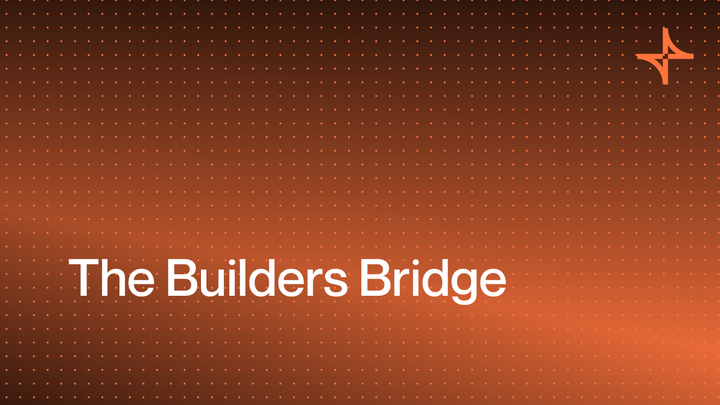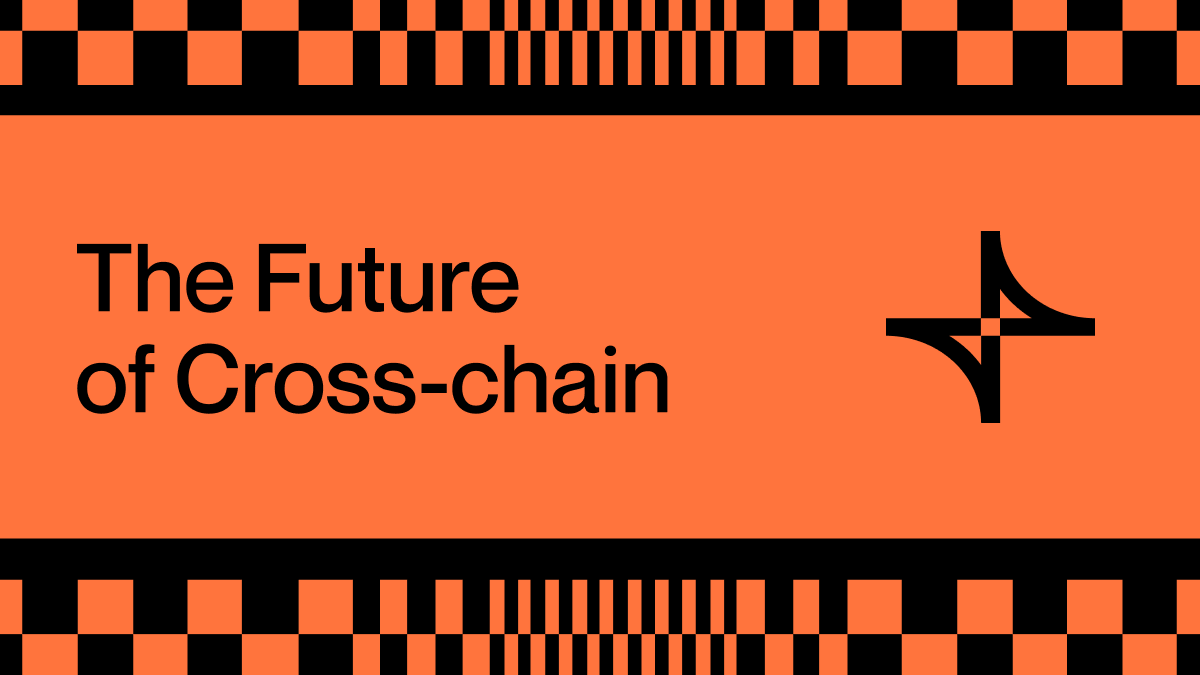The Future of Software is Community-Driven

In the realm of software development, open-source projects have revolutionized the way we create, share, and collaborate on new technologies.
These community-driven initiatives have brought remarkable innovations, powering everything from operating systems to web applications. It has also become the prevalent software development model in web3.
Web3 relies on open-source code
This statement is true not only for crypto to function but also to build trust and transparency. Critically, open source doesn’t lock developers in and speeds up innovation cycles by harnessing collective energy.
It also often leads to more robust software. As noted in The Cathedral and the Bazaar, “the more widely available the source code is for public testing, scrutiny, and experimentation, the more rapidly all forms of bugs will be discovered.”
Open source has its challenges
Lack of support and documentation are widely felt problems. In addition, there’s the fact that competition is more fluid, and as users have a choice, they can easily migrate should they see a reason to.
Then there’s the issue of running a business. The commercialization of open-source software is not as straightforward as proprietary software. However, web3 protocols offer new possibilities for developers to align incentives with their users and innovate around business models.
Over the years, a variety of license types have been developed. Each has pros and cons. For a full comparison, check here.
An illusory solution for Sygma
Faced with the challenge of making open-source software development financially sustainable, naturally, we looked to different licensing models for support. During our experiments with commercial licenses such as BSL, we realized that our desire for this type of protective license comes from a misunderstanding of the real edge open-source projects can have.
That is purpose-driven contributor communities.
Our contributors are intrinsically motivated by the fact that Sygma aims to build a commons that is...
completely open source, sustainable, and accessible to everybody via permissive licensing. We see Sygma as a foundational internet protocol, such as HTTP or IP, that can only flourish if it’s as open as possible.
In this case, commercial licenses would do more harm than good, as they are not aligned with our core motivations and vision. Among other reasons, this is why Sygma uses LPGL - a license that allows devs to use and integrate a component into their own (even proprietary) software without being required by the terms of a strong copyleft license.
Principle-defined projects
For such a setup to work, it’s crucial to create conditions where people are truly aligned with the values and mission of what you’re building. This is not something that’s easily forked. In this sense, community is the new brand.
If you think about how to build such a community, it comes down to distribution or how a user gets in contact with your project and ensuring that your values are not just window-dressing.
Let’s consider two related factors.
Motivation
We know that most people who contribute to open source projects are intrinsically motivated, i.e., they do it because it's personally rewarding.
If you want to build a sustainable open-source project, you have to appeal to the contributor base with free software, or you are likely to have a hard time attracting aligned contributors. Raymond famously used the term gift culture to explain the intrinsic motivation involved in open-source development.
Sustainability
Many open-source projects are in a precarious state as they lack the revenue streams to compensate contributors in order to ensure project sustainability. This leaves them reliant on people donating their time and expertise. As research by Bessemer Partners has shown, many of them depend on small groups of contributors.
To ensure long-term project sustainability, we contributors must be properly compensated. This can be achieved by providing financial incentives that reward contributors for their work.
This gap in incentives is often addressed by corporations such as Google and Microsoft, which employ open-source developers to support projects they rely upon.
With Sygma, we want to explore a self-sovereign approach to sustainable project funding with the goal of further decentralizing the software development process and reducing the risk of single entities exercising outsized control over the project.
So, what to do?
If we want to solve this issue, we have to ensure incentivization while upholding the intrinsic motivation of contributors. This can be done by:
1. Building a principle-driven community focused on creating digital commons.
2. Enable sustainable contribution-based participation in project revenues and governance using the new opportunities that tokenization provides.
This is a delicate balance to strike. But whatever the method, we must determine how to leverage incentives best to ensure you share the value with the users who participate. The system also must be fair, and it must be clear that those who contribute are actual beneficiaries of created value.
We’re currently exploring this territory with Sygma, and you can learn more about our efforts below.
About Sygma
Sygma is a cross-consensus interoperability protocol, enabling general message passing, asset transfers, non-fungible tokens, and decentralized finance. Evolved from the humble beginnings of ChainBridge, it provides native interoperability between the Ethereum and Polkadot ecosystems.
Check out our documentation or GitHub to get started.



